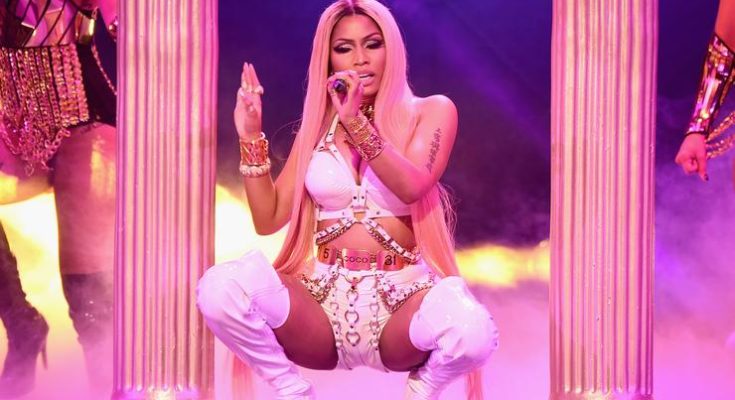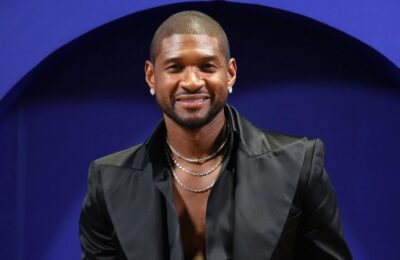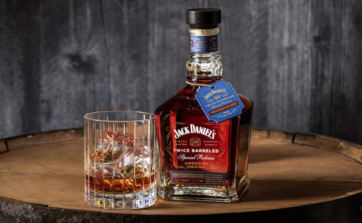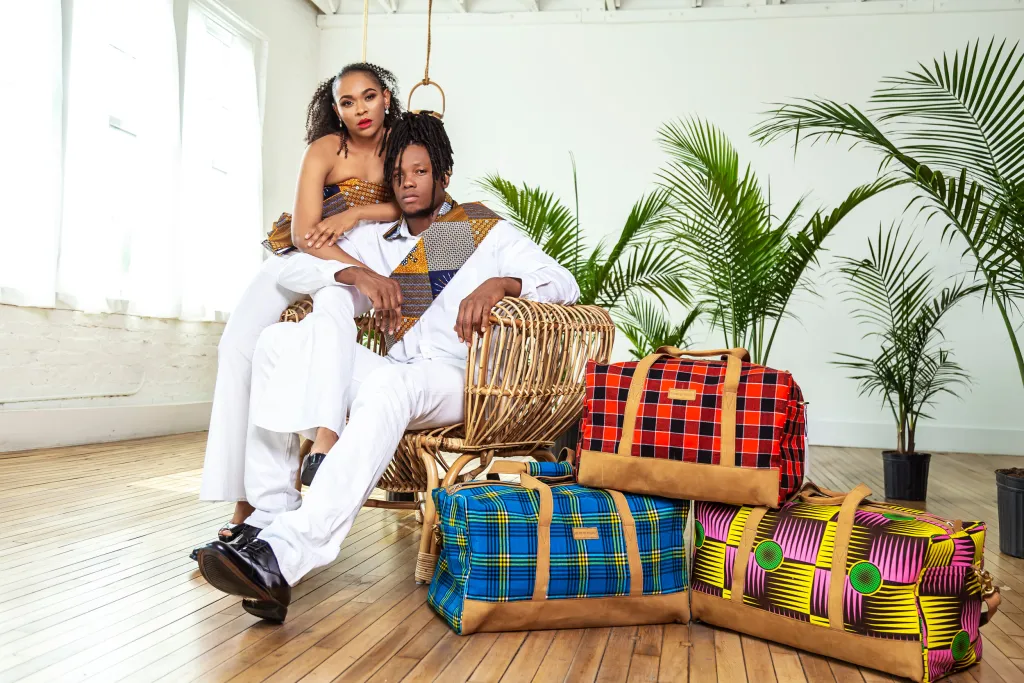Album Review: The Regal Nicki Minaj Is Out To Prove She’s Rap Royalty On ‘Queen’
 darudemagAug 14, 2018Entertainment
darudemagAug 14, 2018Entertainment
Nicki Minaj is out to prove she is rap royalty — namely, the Queen. Given the scant number of women who can top the rap charts, this seems like a foregone conclusion…to everyone except Nicki Minaj. There are two things she has in spades on Queen: hooks and burns. The album is stuffed to the brim with banger instrumentals that are absolute earworms, many of them loaded on the front half. At 17 tracks, plus an interlude and outro, the album is also weighted down with a ton of shit talk that feels out of date and overwrought. Minaj brags about writing her own shit on “LLC,” one of many tracks thought to be loaded with Cardi B disses. So if you were wondering, those are insults out of her own mouth.
Where Minaj is at her best on
Queen are the moments when she asserts her own power, stepping forward to advance the power of
all women. Her shoutout to DJ Khaled for not going down on his wife isn’t just an insult. It is a sentiment echoed by Minaj numerous times, from “Chun Swae” to “Good Form,” throughout the album in raps about the men who can’t wait to line up to eat her out (“My body’s a work of art, he eatin’ this Van Gogh”). She’s never a woman who gets fucked, she’s a woman who fucks. That constant flip of gender roles and the way it reaffirms feminine power is a message that women should hear. It destigmatizes the idea that women can have a sexual appetite, and reinforces the idea that it’s okay to know what you want in the bedroom and ask for it.

Minaj does womankind another solid by talking about her appetite for money and success. “Majesty” puts her on par with Eminem as the best in the game while coupling it with an absurdly catchy, almost Queen-esque (er, the rock band) track. But, her chants to those who are jealous of her on the end to “die slow” feel heavy-handed, like she’s taken the mantra of being on top of the game one step too far. “Rich Sex” is less about sex and more about the power of an independent woman. Her message gets undercut by Lil Wayne’s guest verse when he talks about coming on the face of the woman who only has sex with rich guys.
The central thesis of Queen comes into view on “Hard White,” when she drops this verse about her Paris crew: “’Cause they know I’m the queen, I still didn’t pick an heiress.” It’s a song ostensibly about how she had to work hard to get where she is, but it’s also loaded down with a final verse where she calls women bitches and hoes, which could easily be read as shots at Cardi B and her past as a stripper (“Uh, I ain’t never played a hoe position / I ain’t ever have to strip to get the pole position / Hoes is dissin’? Okay, these hoes is wishin’”). Both Minaj and Cardi have denied any beef in the press while lowkey dropping disses on tracks, on social media, and in radio interviews. To all appearances, the duo would like to not have beef (or certainly don’t intend to own any malicious feelings towards each other) but can’t get out of the cycle.
The other major theme Minaj wrestles with on Queen is breaking up: she gets incredibly raw and vulnerable on “Come See About Me” and “Thought I Knew You,” and gets a little bitter on “Nip Tuck.” Her incredible wordplay is on display in the album’s first track, “Ganja Burn,” which functions as a cold-hearted breakup song if you read the lyrics as her burning out the weeds in her life and getting high is her success, or incredibly sad if you read it as a depressed woman who gets high and thinks of her ex.
Hip-hop is the genre with the least representation for women in it (given the state of country music and what the Annenberg Inclusion Initiative found about pop music, that’s really saying something). Minaj and Cardi B are essentially the only women who can score No.1s in the genre today. There are loads of young women rappers coming up behind them, but the only female features on Minaj’s album are Foxy Brown and Ariana Grande. Foxy is one of Minaj’s idols and a fellow Trinidadian. Grande and Minaj met on 2014’s “Bang Bang,” an attempt to remake “Lady Marmalade,” and have collaborated on three tracks since, including “Bed.” There’s a lot of talk from Minaj about how she’s better than anyone else in the game, but not a lot of opening the doors for the women coming up behind her.
The sharp-tongued insults switch between hilarious and cruel on the much-buzzed-about “Barbie Dreams,” an ode to her idol the Notorious B.I.G. and the days of ‘90s hip-hop diss tracks. Minaj might take a note from Drake on this front: after he was completely owned by Pusha T in a diss track earlier this year, Drake just let it go. It didn’t stop him from landing a record-setting 50 billion streams worldwide, far outpacing Pusha’s (admittedly excellent) album.
Nicki seems to be trying to win the game while playing by the rules that the men who came before her wrote. She should throw out the rulebook instead. We don’t have to choose between nice girls and bad bitches; we can all be both. But you don’t have to be a mean girl to prove you’re the best. (Courtney E. Smith)










